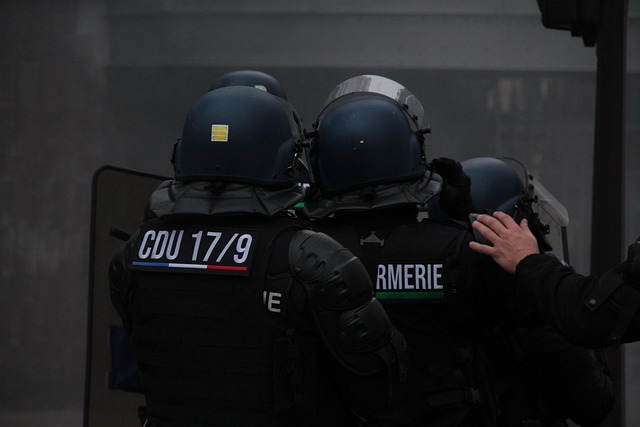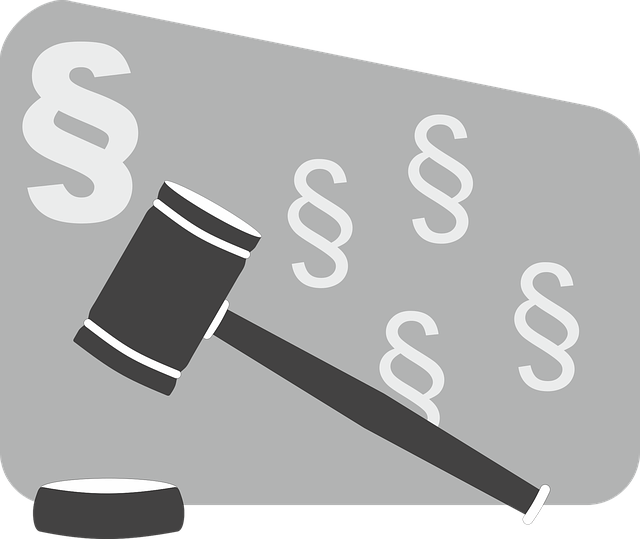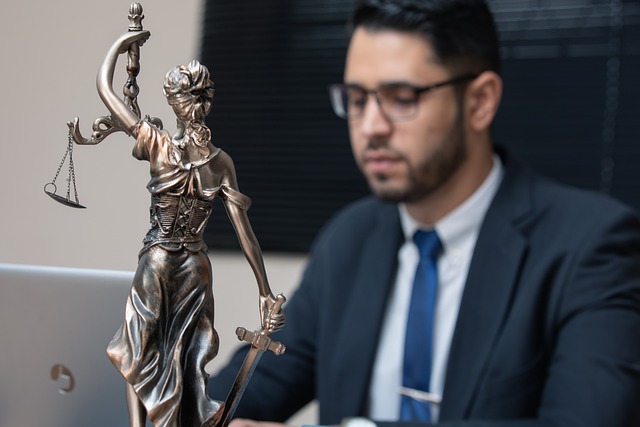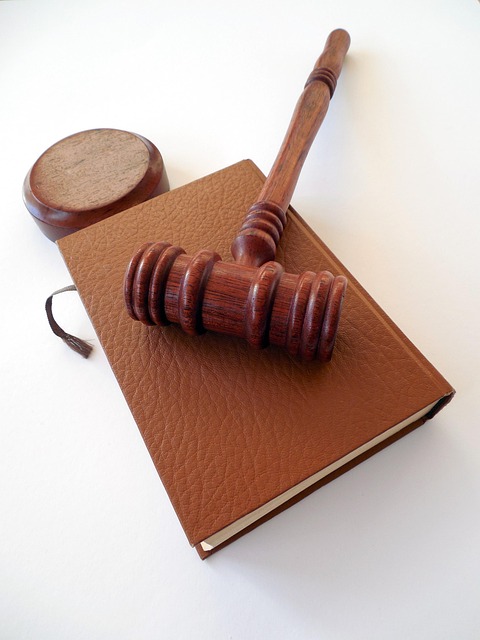Civil Law Experts in Defamation Suits navigate complex public corruption charges, offering strategic legal guidance from allegations to trial. They protect rights, gather evidence, and construct robust defenses, ensuring fair trials and upholding legal integrity against defamation accusations targeting public officials. Their expertise is crucial for navigating labyrinthine laws and achieving just outcomes in high-profile cases.
In the intricate landscape of public corruption, understanding the charges and navigating legal complexities are paramount. This article delves into the intricacies of public corruption charges, providing a comprehensive guide for stakeholders. We explore the definition and legal framework governing these charges, while shedding light on the pivotal role of civil law experts in defamation cases against corrupt officials. Furthermore, it examines evidence requirements and strategic defenses, offering valuable insights for successful public corruption litigation, with a focus on civil law experts in defamation suits.
- Understanding Public Corruption Charges: Definition and Legal Framework
- Role of Civil Law Experts in Defamation Cases Against Corrupt Officials
- Evidence and Proof Requirements for Successful Public Corruption Suits
- Strategies and Defense Mechanisms in Navigating Complex Defamation Litigation
Understanding Public Corruption Charges: Definition and Legal Framework

Public Corruption Charges refer to accusations of illicit behavior by individuals in positions of power or public trust. This can include misuse of office for personal gain, bribery, fraud, and abuse of resources. The legal framework surrounding these charges is complex, with specific laws and regulations varying across jurisdictions. In many countries, these cases fall under the purview of anti-corruption agencies or departments within law enforcement dedicated to investigating and prosecuting white-collar and economic crimes.
Civil Law Experts in Defamation Suits play a crucial role in navigating the legal complexities of public corruption charges at all stages of the investigative and enforcement process. They assist their clients in understanding the allegations, gathering evidence, and constructing robust defenses against these serious accusations. Their expertise ensures that the rights of individuals facing such charges are protected while upholding the integrity of the legal system in combating corruption.
Role of Civil Law Experts in Defamation Cases Against Corrupt Officials
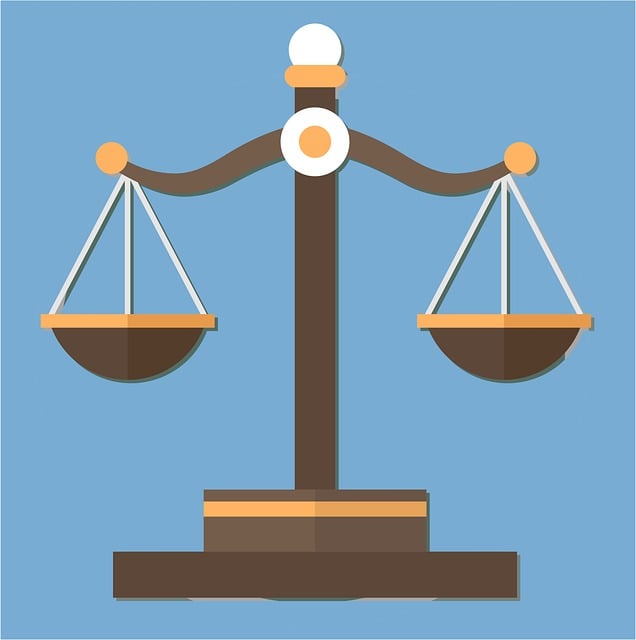
When public officials face defamation charges, the role of Civil Law Experts in Defamation Suits becomes increasingly pivotal. These legal professionals possess a deep understanding of the intricate laws surrounding defamation and its specific applications in high-profile cases. They are well-equipped to navigate complex legal landscapes, ensuring that the rights of both the plaintiff and the accused are upheld.
Civil Law Experts play a crucial role in building winning challenging defense verdicts, often representing corrupt officials who face accusations from disgruntled citizens or other government bodies. Their expertise extends to interpreting laws related to public figures’ speech and expression, which is essential when dealing with allegations that can significantly impact an official’s reputation and career. Moreover, these experts help shape legal strategies that consider the unique dynamics of philanthropic and political communities across the country, ensuring fair trials and just outcomes in defamation cases stemming from public corruption charges.
Evidence and Proof Requirements for Successful Public Corruption Suits
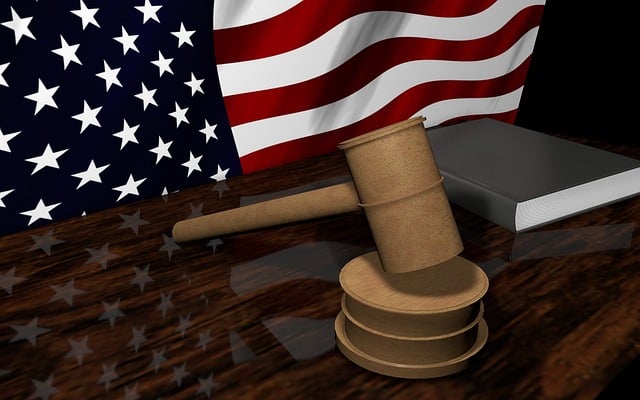
In public corruption cases, establishing a robust evidentiary foundation is paramount for securing a successful outcome. Civil law experts in defamation suits emphasize that concrete proof is essential to prove intent and illicit behavior. This typically involves thorough documentation of suspicious transactions, communications between parties, and any direct evidence of bribery or abuse of power.
The bar for conviction in these cases is high, often requiring substantial circumstantial evidence alongside direct proofs. Achieving extraordinary results in public corruption suits may hinge on meticulous investigation techniques and the ability to connect seemingly disparate pieces of information. Jury trials in such cases demand clear and compelling presentations of both primary and secondary evidence, particularly when dealing with complex white-collar defense strategies aimed at disproving guilt.
Strategies and Defense Mechanisms in Navigating Complex Defamation Litigation
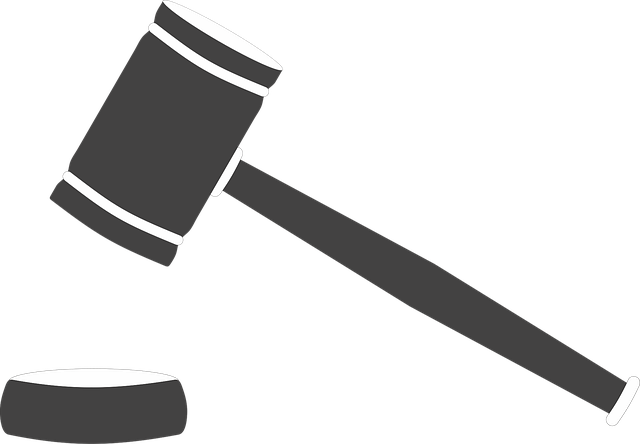
In navigating complex defamation litigation, especially when public corruption charges are involved, a robust strategy is paramount. Civil law experts in defamation suits play a pivotal role in protecting their clients’ reputations and ensuring due process. They employ intricate defense mechanisms to counter allegations, focusing on fact-checking, character assassination, and the preservation of legal rights. These strategies are crucial for avoiding indictment and safeguarding an individual’s integrity in high-stakes cases.
The approach often involves meticulous investigation to uncover the truth, challenging the evidence presented, and highlighting any inconsistencies or biases. By employing these tactics, general criminal defense attorneys help their clients navigate the labyrinthine legal processes, ensuring their voices are heard and their rights are protected throughout the litigation.
Public corruption charges are a complex web, and navigating defamation litigation within this context requires expert guidance. Civil law experts play a pivotal role in helping individuals and organizations defend against such allegations, ensuring due process and the preservation of reputation. By understanding the legal framework and employing strategic defenses, those accused can effectively navigate these challenging cases, ultimately seeking justice and clarity. The comprehensive approach to evidence presentation and a deep knowledge of civil law are key weapons in the battle against unfounded public corruption charges.
